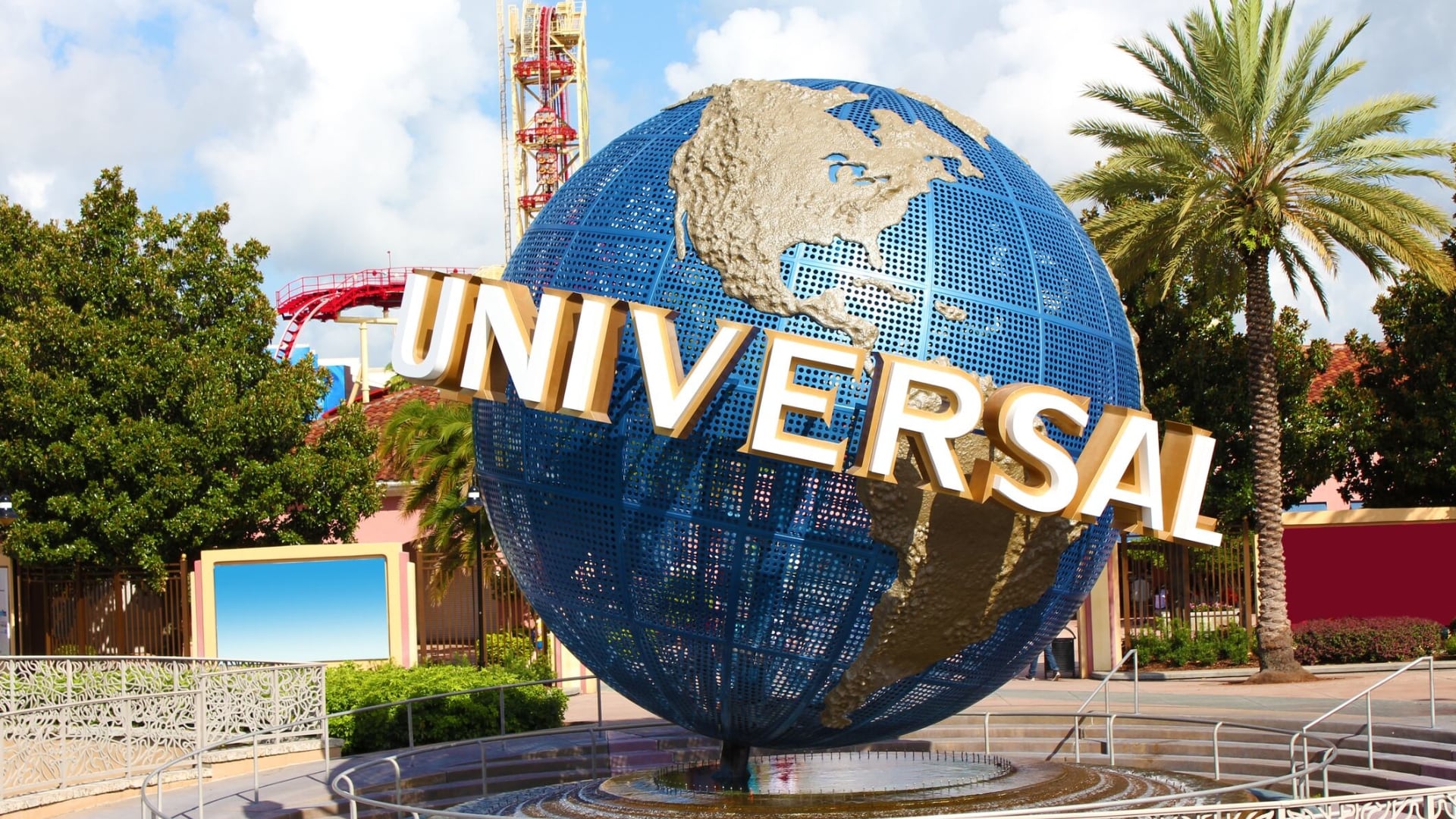The Hershey Company, the candy and snacks giant behind Reese's, Kit Kats, Hershey's Chocolate, and other popular brands, has announced a series of science-based targets to reduce its carbon footprint and bring it in line with the international Paris Climate Agreement.
The Pennsylvania-based corporation is joining a growing number of companies that are rolling out multi-decade plans to become carbon neutral by 2050, which scientists agree is the deadline for capping global warming 1.5 degrees Celsius above its pre-industrial level.
To reach that longer-term goal, Hershey's is launching an initiative to reduce carbon emissions by 27 percent across its entire global footprint by 2030, compared to a 2018 baseline.
"I would say we feel very confident about that," Jeff King, senior director of global sustainability and social impact, told Cheddar. "We took our time with developing this target."
To coordinate these efforts, Hershey has committed to the Science Based Targets initiative, which aims to formalize companies' climate change goals around scientific evidence.
King noted that Hershey spent 18 months coming up with the plan, which is broken up into three phases. First, it will tackle what's called Scope 1 emissions, which are those directly controlled by the company. Then it will move to Scope 2, which includes indirect emissions related to the purchase of electricity, steam, heat, or cooling, and finish with Scope 3, which is everything else.
Packaging, Supply Chains, and Energy
For the first two rounds, the focus will be on investing in renewable energy, cutting down on plastic packaging, and overhauling supply chain practices.
Within the decade, Hershey plans to cut 25 million pounds of packaging and transition all plastic packaging to 100 percent recyclable, reusable, or compostable materials.
The company has also signed two power purchase agreements that will help fund the construction of two utility-scale solar farms within its power grid.
As a food company, however, supply chains present the most challenges and opportunities.
"For us, a company that's dependent on agriculture, most of our emissions sit in the supply chain," King said. "You have to be able to then work hand-in-hand with your suppliers because you need to be able to reach the farmer."
Suppliers that don't adhere to Hershey's no-deforestation policy could be cut out of its supply chain — a major point of leverage for such a large conglomerate.
"We will continue to use our scale and apply the full force of our business to reduce our greenhouse emissions and drive climate action forward," said Michele Buck, president and chief executive officer of Hershey, in a press release.
Investor Approval
King noted that pressure to reduce greenhouse gas is also coming from outside the company, in particular, from investors interested in putting their money into green initiatives.
"We are definitely seeing an increase of the interest of investors in all things sustainability, climate change in particular," he said.
The sustainability officer explained that increasingly investors are not just interested in their commitments, "but I'd say more importantly they're interested in the progress that we make."
This means closer scrutiny of the company's yearly sustainability report.
"They're starting to scrutinize that as much as they scrutinize our financial statements," he said.
The shift in perspective among investors and shareholders echoes a similar transformation in how companies think about their role in addressing climate change.
"I think companies are starting to ask themselves a deeper question, not just what I need to do to future-proof my business or what can I do for the planet, but what does the planet need from me?"












